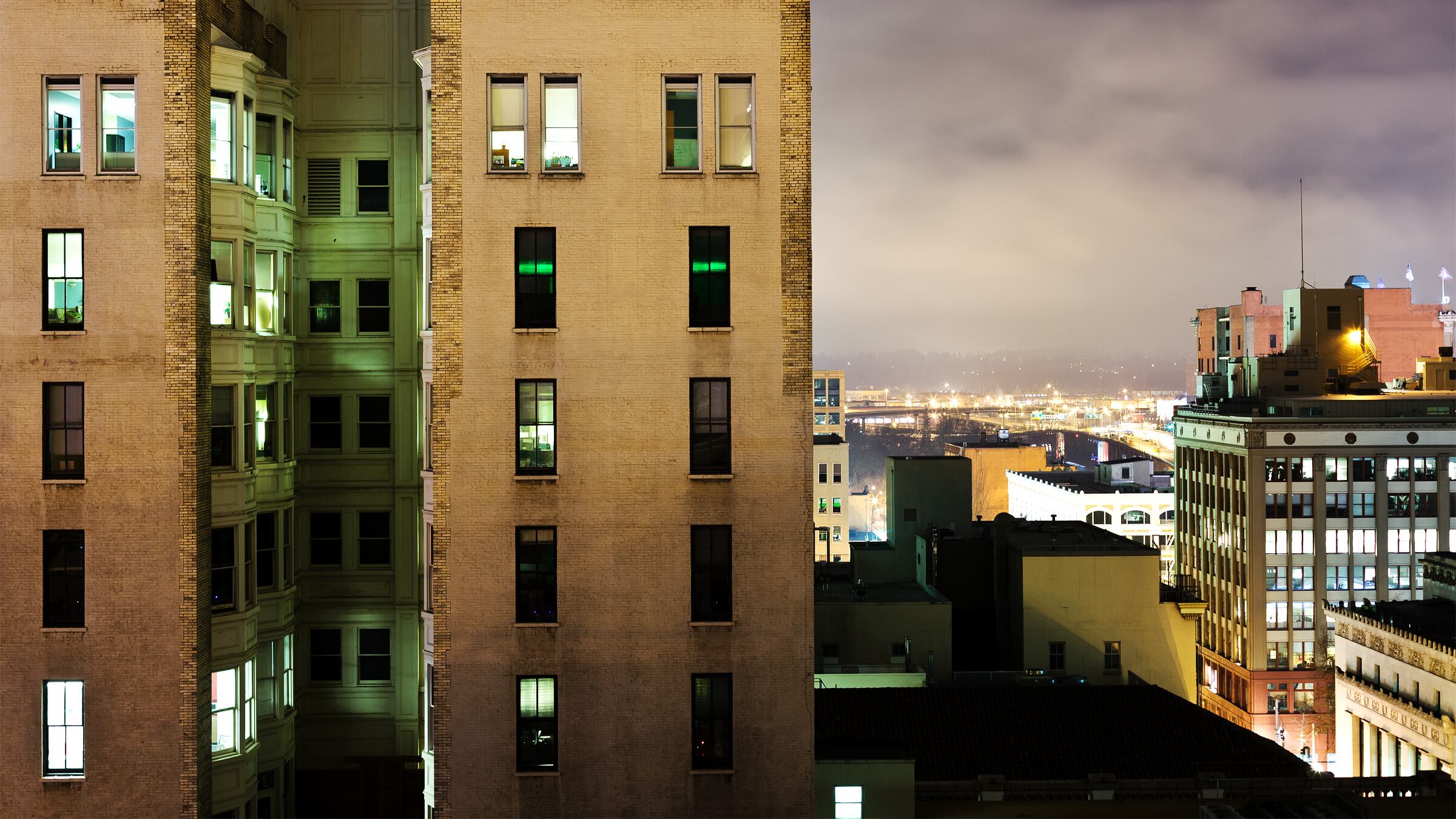When Laurel Jones hears the cry "Me too," she thinks, "Prove it."
Jones has, like many Portlanders, been watching with alarm as allegations pile up across the country of sexual harassment and abuse by powerful men. But Jones, a 56-year-old market researcher, has reacted far differently than most: She's starting a nonprofit advocacy group to defend people accused of wrongdoing.
Her group, Speaking for the Other Side, is a response to what Jones sees as an unaccountable wave of anonymous accusers on the social justice left using Facebook "call-outs" to shame men who are then forced to prove their innocence.
False allegations of sexual assault are incredibly rare—only 2 to 10 percent of reported assaults have been shown to be false in multiple studies.
But Jones argues the #MeToo movement will be undermined if allegations are used as weapons to destroy enemies. She sat down with WW this week to discuss her against-the-grain advocacy.

WW: What inspired you to take on this crusade?
Laurel Jones: Many many years ago, I myself was wrongly accused at Portland State University. I was unable to defend myself because there was no formal complaint, no formal procedure to defend myself. And that made me pretty angry, plus the accusations were false. It seems to me that the whole process was a whole denial of procedural rights, and it presumed guilt, not innocence.
I don't have any problem with people coming forward and sharing their experiences and their stories, but when they start naming names and making accusations on social media that they can't substantiate, that is a total violation of innocence until proven guilty. It basically bypasses and violates all the rights of the accused, who may be innocent.
Shouldn't everyone be held accountable for sexual assault and sexual harassment?
Harvey Weinstein can afford a big-time lawyer to go after people, with defamation suits and whatnot, if he were in fact innocent. But local artists in the Portland scene do not have the resources. That puts them on very unequal footing with the bigwigs. And the thing is, the local accusers of these people know that these people can't afford it, so they feel that they can act with much more impunity.
Then what should people who are abused by their non-famous co-workers or acquaintances do?
It is a tough question. I can't really say that I know what they should do. But violating the rights of the accused is not what they should do.
As you start your group, how will you keep away actual predators looking to quash authentic allegations?
I'm going to have to be very careful of that. I'm still trying to sort through this. I'm going to have to be the final arbiter of who joins and who doesn't, and just do the best I can. I certainly understand that there's a danger. But it's an issue I feel very strongly about, and I'm fighting on behalf of some friends who are experiencing the same wrong feelings of shame and difficulties that I experienced at PSU way back when.
